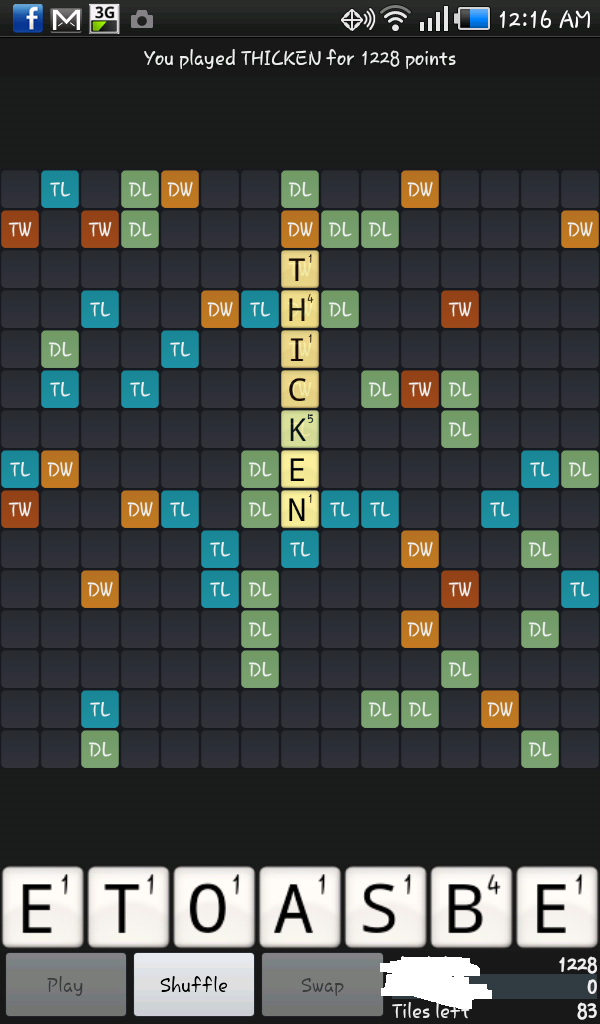Hi everyone – two great things to talk about today, though to be fair neither of them are particularly statistical.
First off, today at midnight the Quantifying Star Wars kickstarter project that I’ve been running for the past month finished up. It was successfully funded and then some, and now I have some work to do in putting together the book. I’m looking forward to it thanks to all of you, whether you backed the project or shared word of it with others or simply read and enjoyed the posts.
Since I’m going to be going back to those original posts to put things together in the upcoming weeks I might also recommend commenting on those posts if you have anything you think I should add or change, etc. I’ll certainly go back and read them before I get started on each chapter. Here are the links so you don’t even have to go back and find them yourselves:
Part 1: http://theskepticalstatistician.blogspot.com/2012/11/quantifying-star-wars-part-one-episodes.html
Part 2: http://theskepticalstatistician.blogspot.com/2012/11/quantifying-star-wars-part-21-episodes.html
Part 3: http://theskepticalstatistician.blogspot.com/2012/11/quantifying-star-wars-part-25-empires.html
Part 4: http://theskepticalstatistician.blogspot.com/2012/11/quantifying-star-wars-part-3-episodes.html
Secondly, it was almost one year ago today (it’s a year ago on Thursday, actually) that I started this blog. I had a vague idea of what I wanted to do but really had no idea if I’d still be doing it a year later. I’ve had a lot of fun with it and come up some interesting findings that I wasn’t expecting.
For instance, who would have thought that I was actually right that Reese’s Pieces are screwing with our heads (http://theskepticalstatistician.blogspot.com/2012/09/the-reeses-rainbow-validating-childs.html) or that no one really seems to care if the NHL doesn’t play huge chunks of their season (http://theskepticalstatistician.blogspot.com/2012/10/nhl-lockouts-do-they-matter.html) – there was a lockout this year? This year?
Who would have thought that Halo 4 is totally rigged in a really specific and unimportant way (http://theskepticalstatistician.blogspot.com/2013/01/this-one-is-about-halo-4-but-also-about.html) or that it really sucks to be the first The Price is Right contestant to spin The Wheel (http://theskepticalstatistician.blogspot.com/2012/10/games-of-price-is-right-wheel-part-i.html , http://theskepticalstatistician.blogspot.com/2013/01/games-of-price-is-right-wheel-part-ii.html , http://theskepticalstatistician.blogspot.com/2013/04/games-of-price-is-right-wheel-part-iii.html), or anything but the fourth contestant to bid in Contestants’ Row (http://theskepticalstatistician.blogspot.com/2013/06/contestants-row-position-is-everything.html).
Who would have thought that I could accidentally come up with a language made from Tetris pieces (http://theskepticalstatistician.blogspot.com/2013/07/tetris-pieces-exponential-growth-and.html)?
For every good piece I’ve written, though, there have certainly been other pieces that were just not as good, or downright reaching. The fact that I updated with a post every Wednesday this year (even when I was pretty sick with what turned out to be the flu: http://theskepticalstatistician.blogspot.com/2012/12/on-fevered-temperature-measurements.html) meant that some weeks I was just writing on the best thing I could come up with that week. Some of those posts could have used more polish, and some of those posts probably shouldn’t have even made the cut.
I’ve been thinking about it for a while, and for a bit wondered if I should just call this a year long project and shut it down. The interest and kindness I’ve received from you – the readers – has convinced me that I should keep with this, at least in some capacity. Some of you will be getting the Quantifying Star Wars book in a few months, but I’d also like to keep tackling new problems and questions as they come to mind.
Particularly, there are a few half started posts I have that I’ve kept putting off because I could use more than a week rolling them around in the back of my head. The short time frame I’ve been keeping has been great for quick easy posts, but has limited me from tackling some of the things that I think could actually be quite interesting.
That said, I want to move away from the ‘updating every Wednesday’ and instead commit myself to updating at least the first Wednesday of every month. There will be some months where I come up with some quick stuff I can put together and you’ll get some extra posts. The posts you do get, though, should be better, and more substantial.
I know how I’d feel on the readers side of this. I’ve followed plenty of webcomics and podcasts and all sorts of other periodic things that slowly went to reduced schedules, and there’s a feeling of disappointment that comes along with it.
Don’t think about it as losing a few good posts a month – think of it as losing all the bad posts each month to make the good posts better. If I’m not writing good posts, call me out on it. And – good or bad – comment on the posts a bit more, everyone. =)

